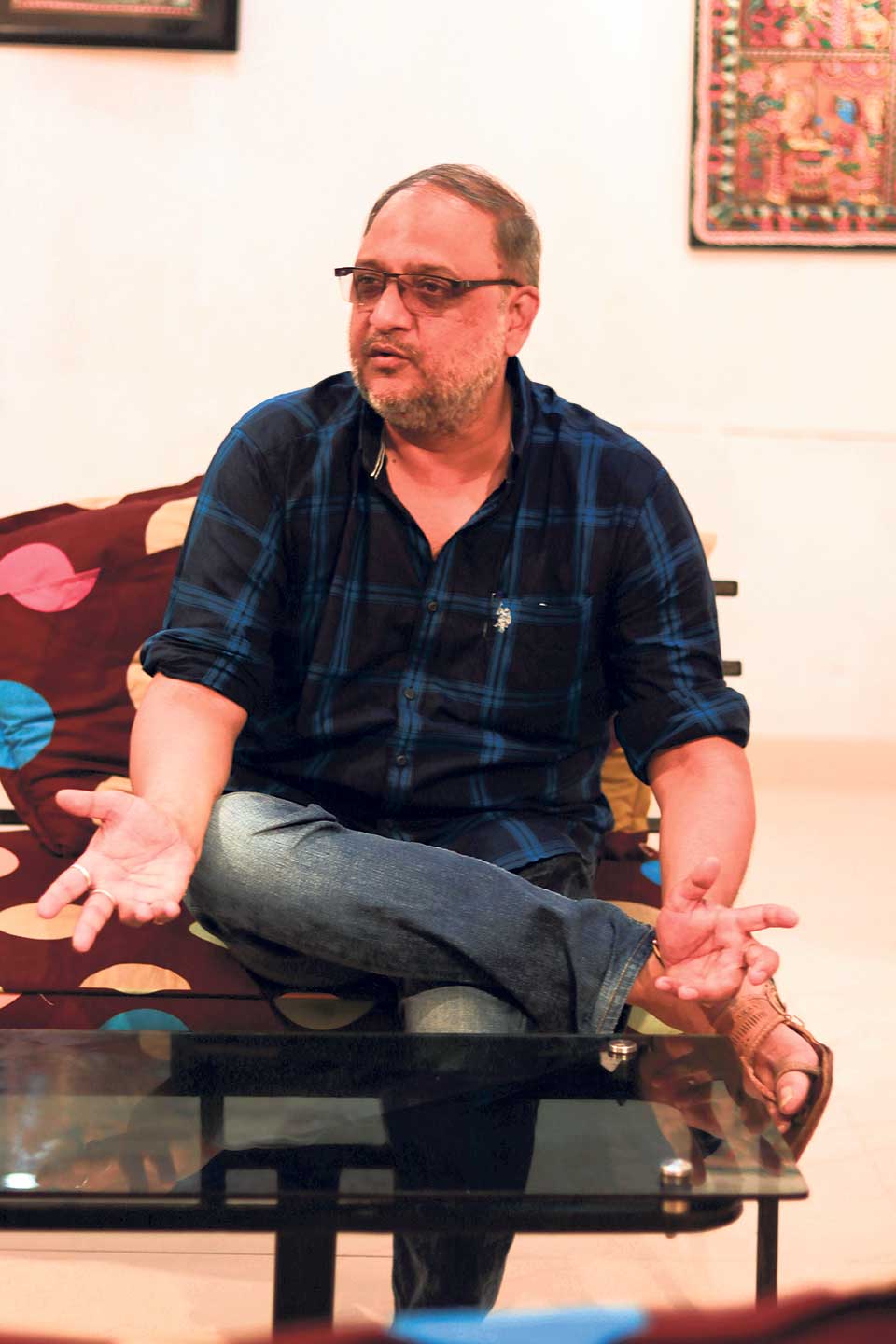Cham: The Dance Meditation (With Video)
5 years ago

5 years ago

5 years ago

5 years ago

5 years ago

5 years ago

Aditya Seth is an acclaimed short and documentary filmmaker with a three-decade-long experience in filmmaking. Since the start of his career in 1986, he has been continuously involved in making TV programs, short films, and documentaries of different genres. ‘Bahadur: The Accidental Brave’ is an award-winning documentary based on Nepali migrant workers of Mumbai. It won the ‘Best Documentary Award’ at the Dada Saheb Phalke Film Festival. ‘Learning to Live’, ‘Toxic Trespass’, ‘A Silent Revolution’, and his latest, ‘Are They Better Off’, have also received acclamations in various events.
In an interview with My City’s Sonam Lama, the filmmaker shared an insight of his filmmaking journey.
What inspired you to visit Kathmandu this time?
This is my fifth visit to Nepal and my fourth time in Kathmandu. However, I’ve come back after a gap of seven years. Last time, I came for the premiere of my documentary ‘Bahadur: The Accidental Brave’ at Sarwanam Theater, in 2011. This time, I am in a visit for a seven-day intensive film workshop at the theater.
How was the experience working with Nepali students?
I have had a pretty good experience working with the students here. We are making three short fiction films with a group of 14 students. We have completed two short films, and as soon as we will be done with the third one, we will go for editing.
What ideas or emotions do you wish to project through your works?
I like to make films on subjects which people do not usually talk about or acknowledge. When I work on my ideas, I usually choose topics which are neither well known or in the public debate. I wish to make films which are educative and revolutionary.
What is the most challenging aspect of filmmaking?
The biggest challenge in filmmaking is finding a market, monetizing your work, and getting a proper distributor. Most of the funding comes from international sources. There are only a handful of organizations in South Asia that fund documentary. However, there are many filmmakers, and the competition is quite fierce. The other challenge for individual filmmakers is to be able to find a viable platform. Moreover, getting theatrical releases, or getting proper commercial distribution is difficult.
Can you share some experiences of filming ‘Bahadur: The Accidental Brave’?
Bahadur started as a radio program. I was approached by an organization who wanted to make a radio program based on Nepali migrant workers in Mumbai. In 2009, the death rate due to AIDS was high. The radio programs had a primary focus on labor migration and migrant worker. They wanted to talk about safe sex practices through their show. With the help of the satellite broadcast, they got to listen to the radio program in the migrant workers’ communities. When I was doing the program, I started interacting with diverse people. That’s when I realized that this issue couldn’t be left at the level of a radio program. And it is how the film eventually happened in 2011.
What message would you like to convey to aspiring Nepali filmmakers?
Work hard, take ownership of your task, and be sincere. I have been making films for 30 years, and I continue to learn on a daily basis. You have to be a student of life to be a student of cinema, only then you can be a good filmmaker. Filmmaking is a craft, an applied art, and a language. Try and do your best and success will eventually follow.
Leave A Comment